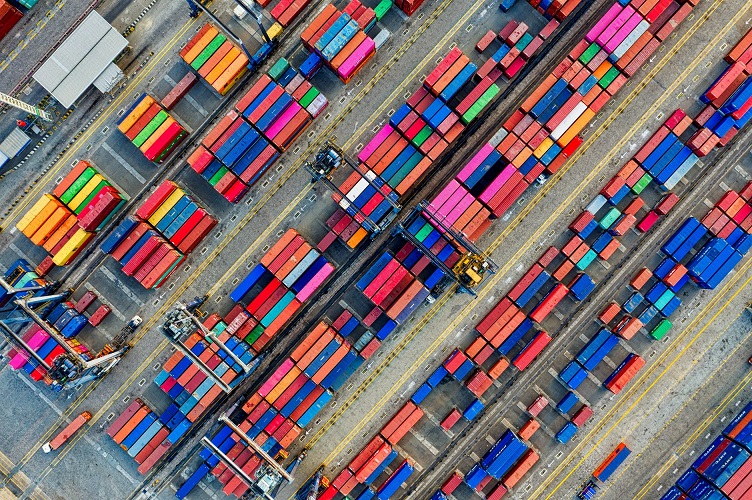The medium-term impact of the pandemic on international trade and the degree of efficacy of anti-free trade measures depends on the ability of the domestic producers and service providers to scale up operations

The Policy Monitor

The medium-term impact of the pandemic on international trade and the degree of efficacy of anti-free trade measures depends on the ability of the domestic producers and service providers to scale up operations

The simplified bottom line is here. While slow growth with high inflation suggests supply side rigidities, slow growth with inflation below target suggests demand weakness.

Now while the debate can be the fact that the predicted slowdown is unlikely to manifest itself as huge as the Great Recession (2008-09), what needs to be understood now is Governments are left with fewer policy options today than they did back then in order to stimulate Aggregate Demand.

The International Monetary Fund has lowered its global economic growth forecast for the fourth time in nine months as the risks still remain to the ‘downside’. According to World Economic Outlook (WEO) Update July 2019, global growth for 2019 is projected at 3.2 per cent and picking up to 3.5 per cent in 2020.